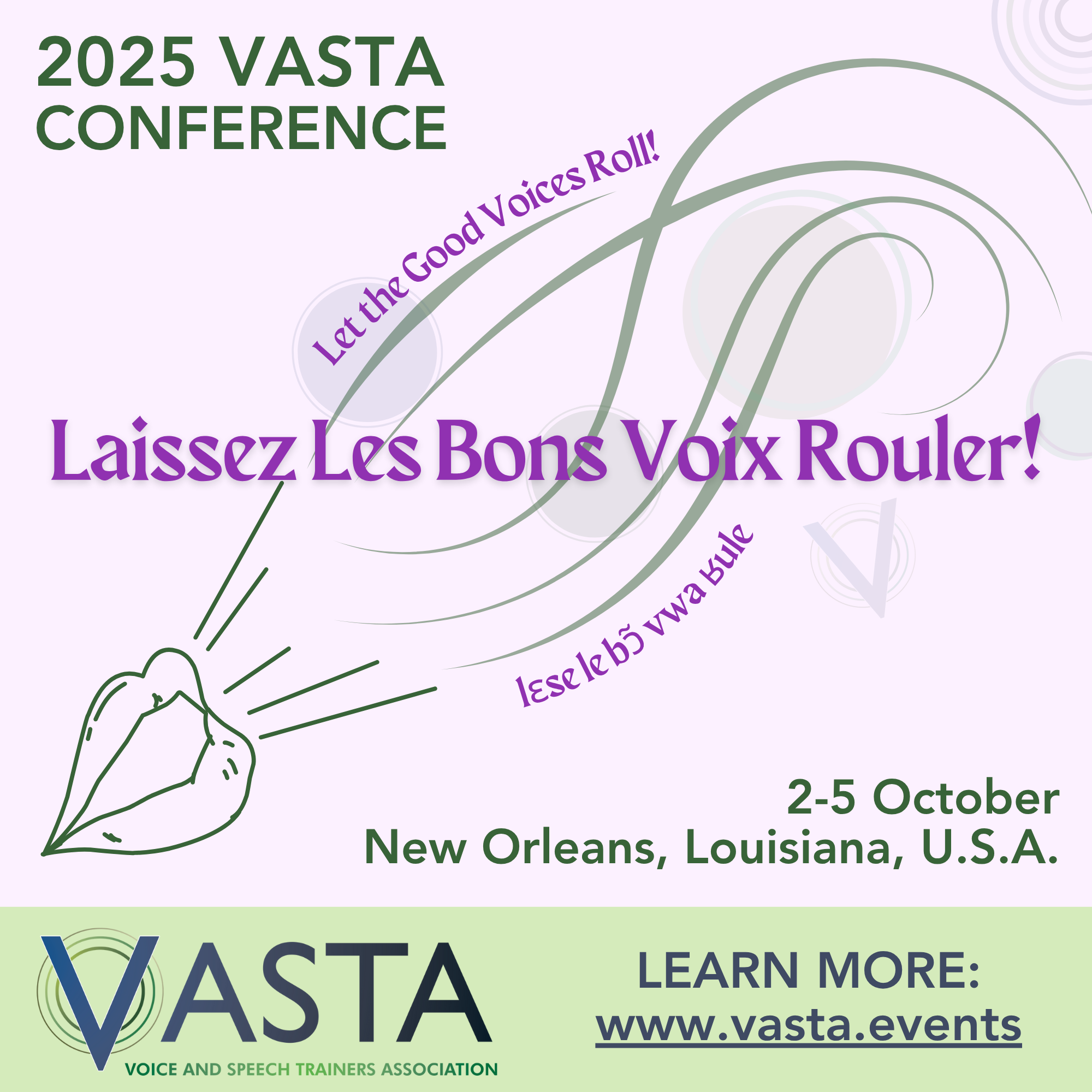Venezuela 3
Listen to Venezuela 3, a 32-year-old woman from Caracas, Venezuela, and California, United States. Click or tap the triangle-shaped play button to hear the subject.
Both as a courtesy and to comply with copyright law, please remember to credit IDEA for direct or indirect use of samples. IDEA is a free resource; please consider supporting us.
BIOGRAPHICAL INFORMATION
AGE: 32
DATE OF BIRTH (DD/MM/YYYY): 1976
PLACE OF BIRTH: Caracas, Venezuela
GENDER: female
ETHNICITY: Venezuelan/Argentinian (exact ethnicity unknown)
OCCUPATION: florist, formerly a marketing specialist
EDUCATION: bachelor’s degree in marketing/advertising and also an arts degree
AREA(S) OF RESIDENCE OUTSIDE REPRESENTATIVE REGION FOR LONGER THAN SIX MONTHS:
At the time of the interview, the subject had lived in California, in the United States, for 10 years.
OTHER INFLUENCES ON SPEECH:
In her work as a marketing specialist in Venezuela, she was required to work with English-speaking colleagues and to use English media tools, so she came to the United States to improve her English.
The text used in our recordings of scripted speech can be found by clicking here.
RECORDED BY: Ryan Johnson (under supervision of David Nevell)
DATE OF RECORDING (DD/MM/YYYY): 15/11/2008
PHONETIC TRANSCRIPTION OF SCRIPTED SPEECH: N/A
TRANSCRIBED BY: N/A
DATE OF TRANSCRIPTION (DD/MM/YYYY): N/A
ORTHOGRAPHIC TRANSCRIPTION OF UNSCRIPTED SPEECH:
I was born in Caracas, Venezuela. My dad is from Argentina. My mom is from Venezuela. They met in the coast. Coast is called La Guaira. And they get married and then ta-da me, which is um … after like three years been married. Uh, they got, they have me and then move … my father, when he moved to Venezuela, he’s a miner. So we move some place called Las Minas. That place is between Brazil and Venezuela, in the border and I lived there for between five and six years — something like that — and that’s called the jungle. And it was a really good childhood, I really like it. It’s the natural and you know, rivers, and be free like a bird. So it was really nice. After that, of course I have to move to the capital, back again, because I need an education. And the jungle, you don’t have education. You will be there, just be a wife of a miner, and have a lot of kids and do nothing. That’s what will be kind of job for you. My mother want that for me. So, I, we went to the capital and then I got my education who, I have two degrees: one in arts and theatre and it’s called um … I don’t know where’s uh they called the big theatre, we’ll tell you later. And then I have a degree in advertising and marketing which is is a university of Simon Rodriguez. And I work for big company in Venezuela and I work as um…um executive media. And I work for three accounts: Xerox, you know they sells, um, Marlboro, the cigarettes, and Coca Cola. So I make you know, I did the media. What is the media department? Do their, um, everything on the newspaper, everything on the commercials, movie, everything, you know all the advertising that they needed. So that was my job at there. But what is the point I came to the United States? I meet a lot of English in there. Was people calling from Chicago is the, is the um … the main of this company, this, um, advertising and marketing company. So they were calling and coming to Venezuela and talking all the way in English, basic Spanish so I was like, “No, I really need it, a little more.” And all the, the tools that you use on computer media department is all in English. I knew the tools, like how to use it and I understand it, but I couldn’t speak it. So I said I need to go to United States, and one of my, my mom’s sister, she’s a citizen here and she lives in California, and she asked me twice to come here, but my mom was scared of the open mind and different cultures or whatever, whatever. So she went there when I was ten and my mom said no. Then she went back when I was fifteen, my mom said no. And then finally I’m twenty-one, almost twenty-two, and, yeah, I can decide on my own. So I can do, learn the language, to learn the English — still learning, as you can s… as you can tell. And um, and then I get married. And then uh I became a citizen and ba-da-ba-da, I, me stay here. That’s it, and I make a new life. Thank you. Bye-bye.
TRANSCRIBED BY: Ryan Johnson (under supervision of David Nevell)
DATE OF TRANSCRIPTION (DD/MM/YYYY): N/A
PHONETIC TRANSCRIPTION OF UNSCRIPTED SPEECH: N/A
TRANSCRIBED BY: N/A
DATE OF TRANSCRIPTION (DD/MM/YYYY): N/A
SCHOLARLY COMMENTARY:
Note the frontal placement, and the fact that volume and pitch variation are used for emphasis. Also note the rapid speech; new thoughts are more important than the old ones. When reading, uncommon words are guessed and usually mispronounced by adding or dropping a sound, or changing the emphasis between syllables. It’s common to hear the devoicing or dropping of final consonant sounds, especially words with final t’s, d’s and s’. Also, words that begin with “s” followed by another consonant are pronounced with a preceding [ ɛ ] sound. Sound changes are inconsistent. The following sound substitutions can be observed: [ z ] to [ s ], but only when the actual letter in the word is an “s,” not a “z,” as in was, disease, surprising, Mrs., is, chasm; [ ɪ ] to [ i ], as in district, this, it, expensive, capital; [ θ, ð ] to [ t, d ], as in this, that, either, thought, mouth; [ t, d ] to [ ɛd ], but only for words that end in -ed, as in washed, warned, remembered, passed, shipped; [ v ] to [ b ] at the beginning of words vet, venison, veterinary, vast, victory; [ ks ] to [ s ], but rarely, as in expensive, exit, executive; [ dʒ ] and [ j ] for the letters “j” and “y,” as in jacket, judge, lawyer, yes, job and Anyelid.
COMMENTARY BY: Ryan Johnson (under supervision of David Nevell)
DATE OF COMMENTARY (DD/MM/YYYY): 15/11/2008
The archive provides:
- Recordings of accent/dialect speakers from the region you select.
- Text of the speakers’ biographical details.
- Scholarly commentary and analysis in some cases.
- In most cases, an orthographic transcription of the speakers’ unscripted speech. In a small number of cases, you will also find a narrow phonetic transcription of the sample (see Phonetic Transcriptions for a complete list). The recordings average four minutes in length and feature both the reading of one of two standard passages, and some unscripted speech. The two passages are Comma Gets a Cure (currently our standard passage) and The Rainbow Passage (used in our earliest recordings).
For instructional materials or coaching in the accents and dialects represented here, please go to Other Dialect Services.
 IDEA: International Dialects of English Archive
IDEA: International Dialects of English Archive



